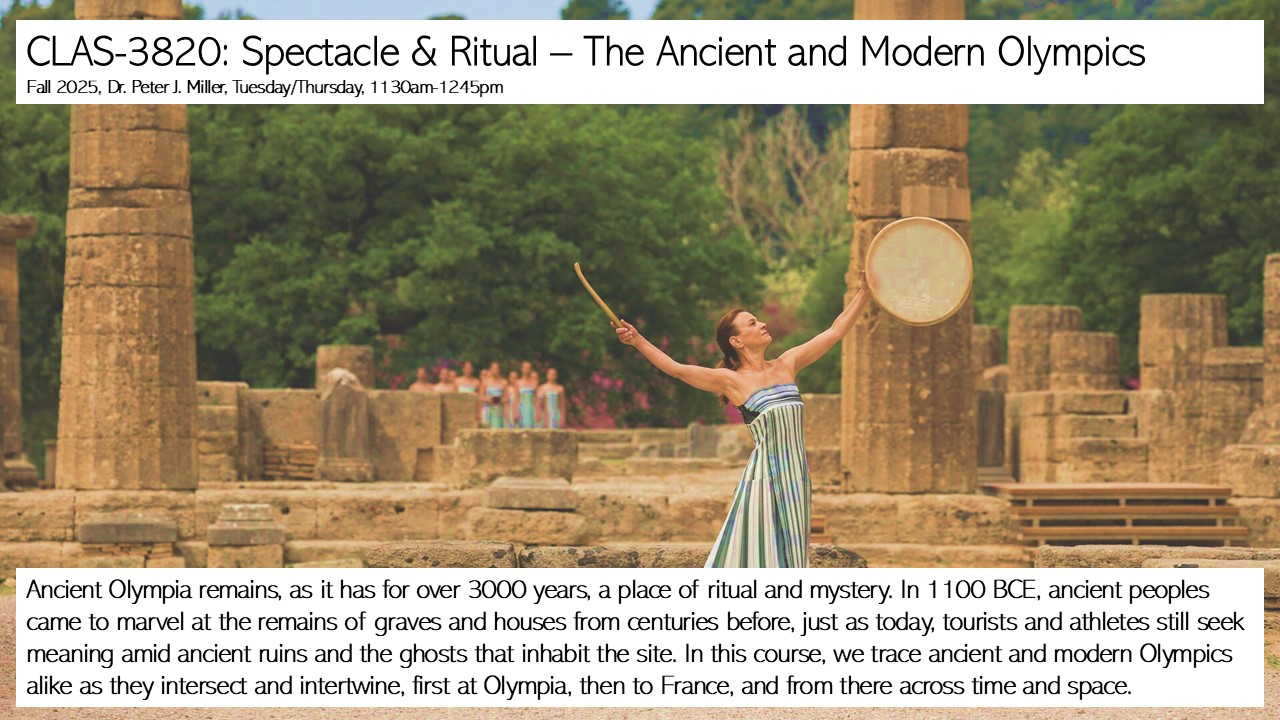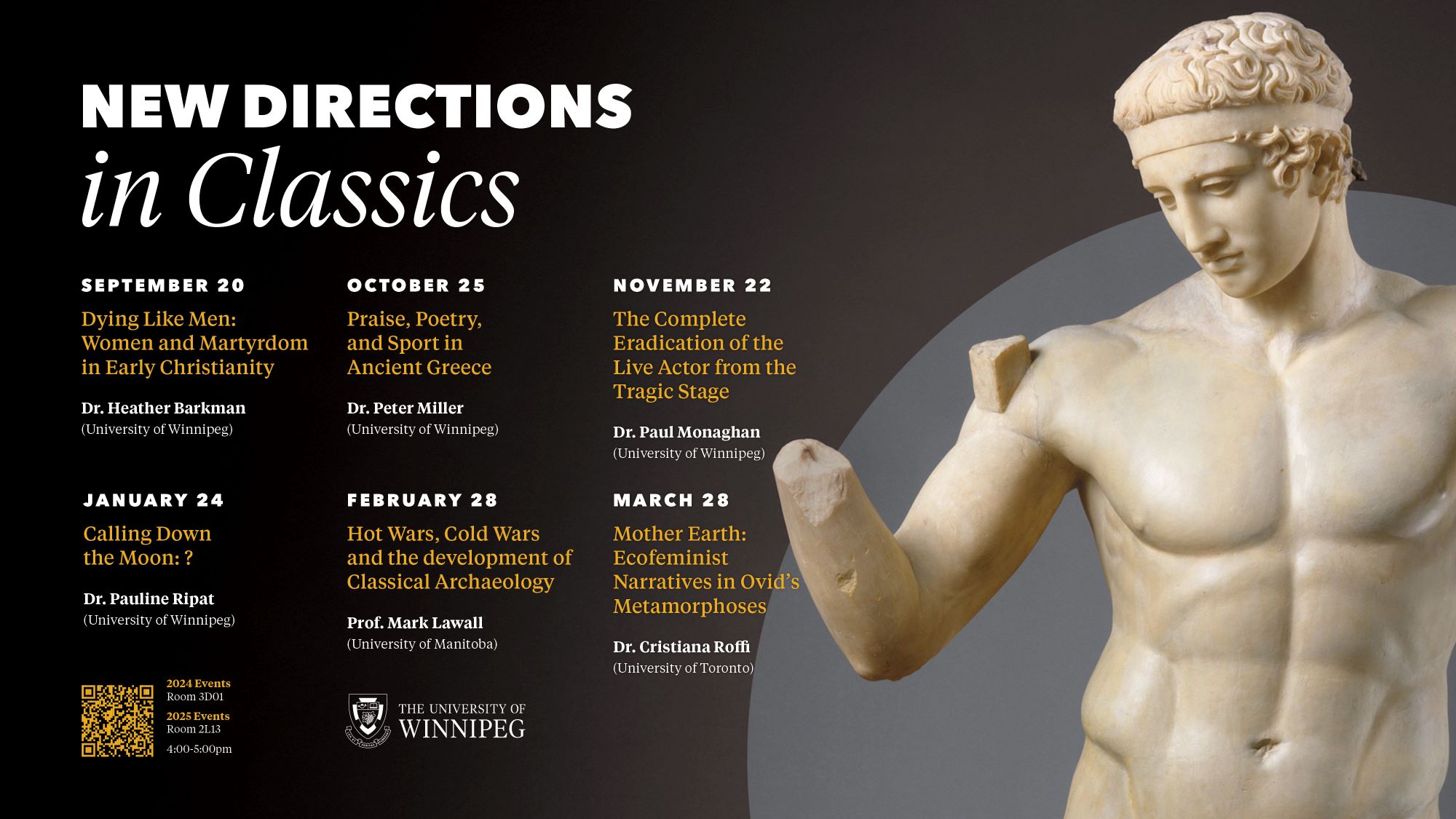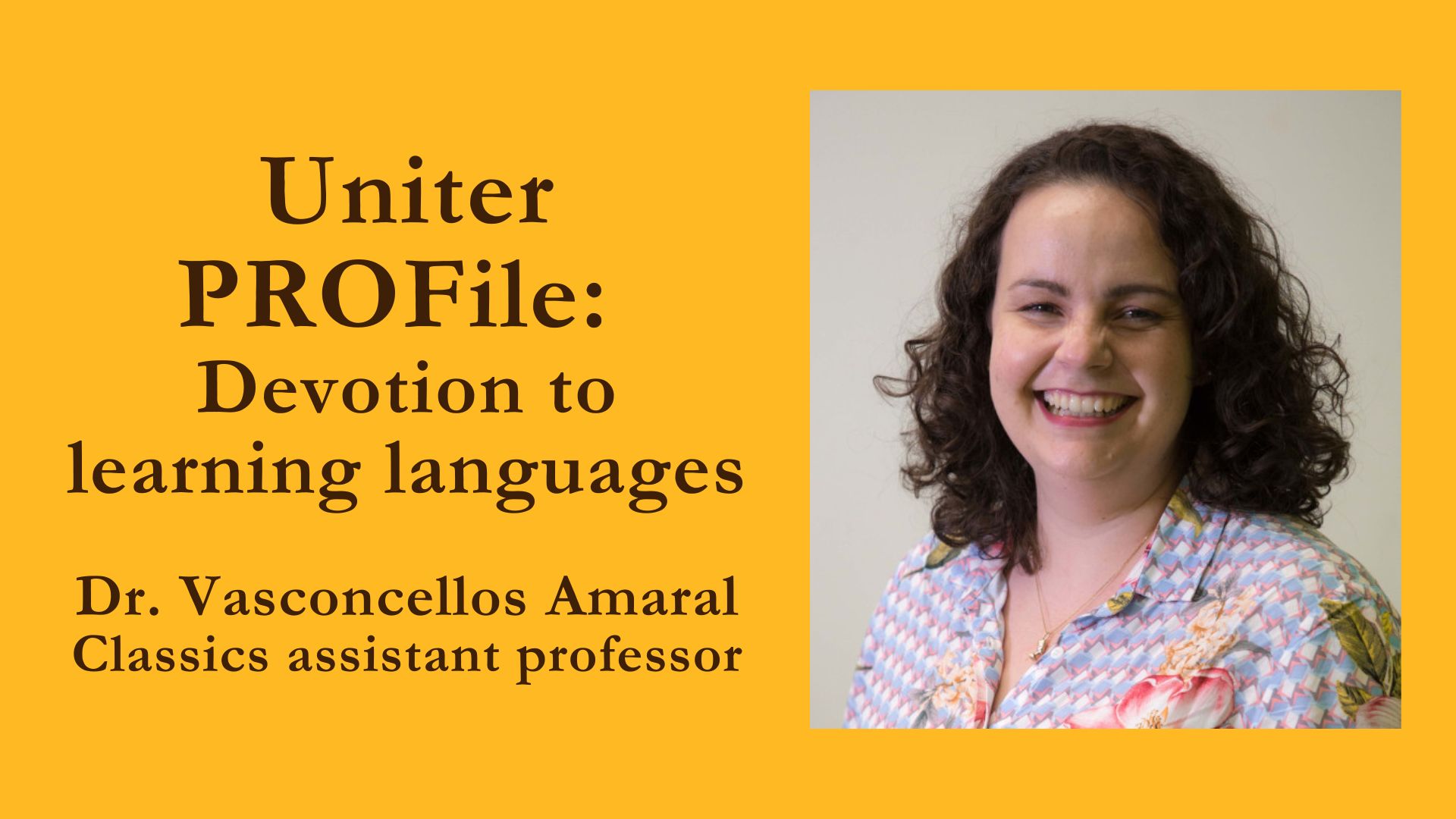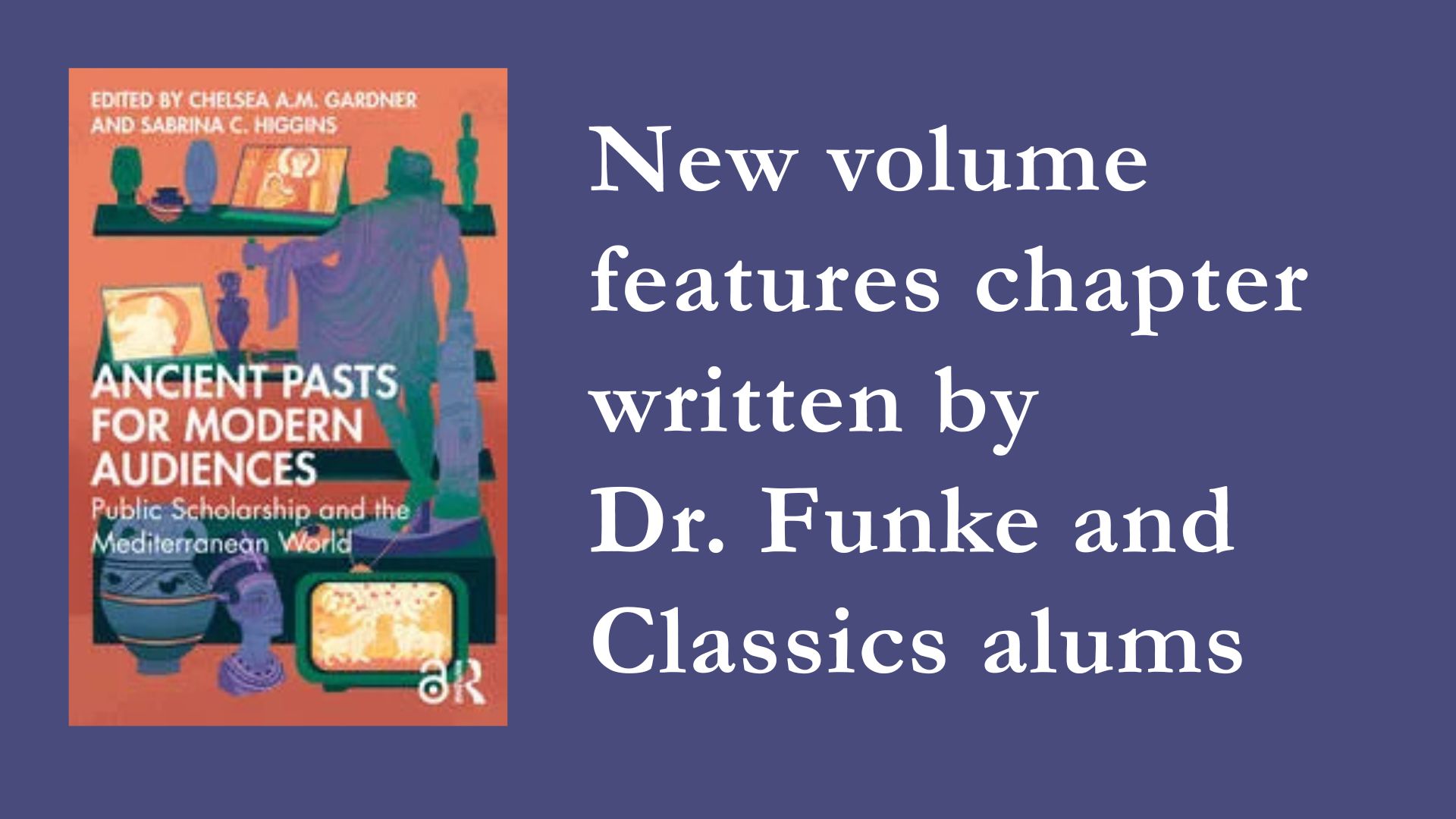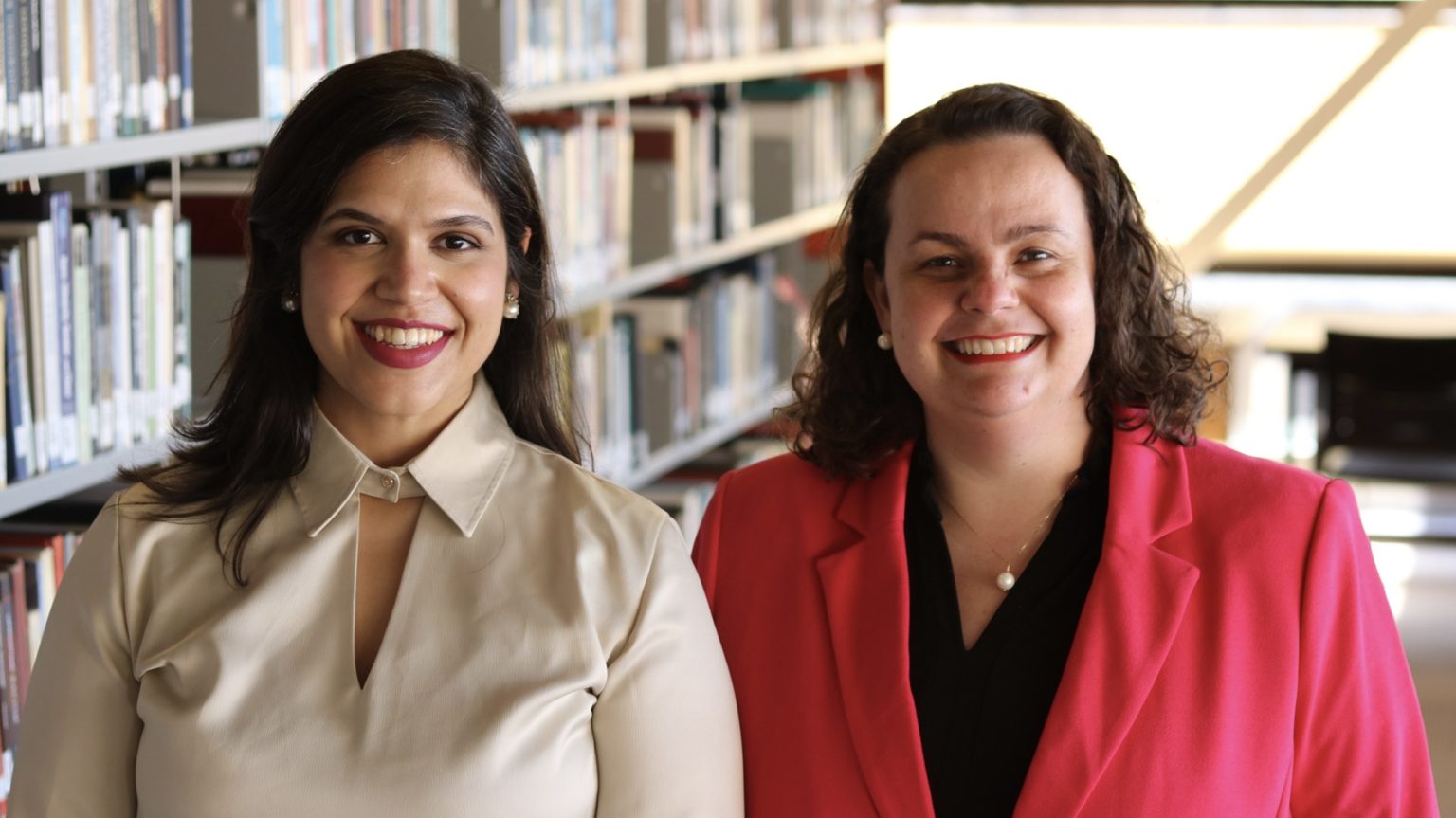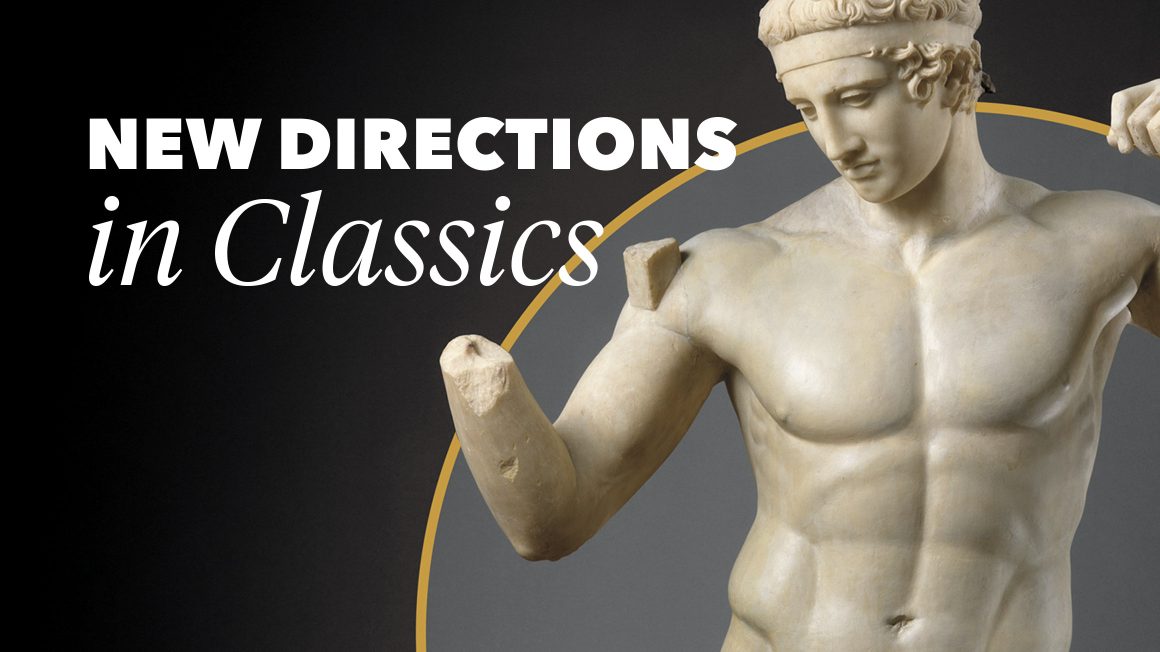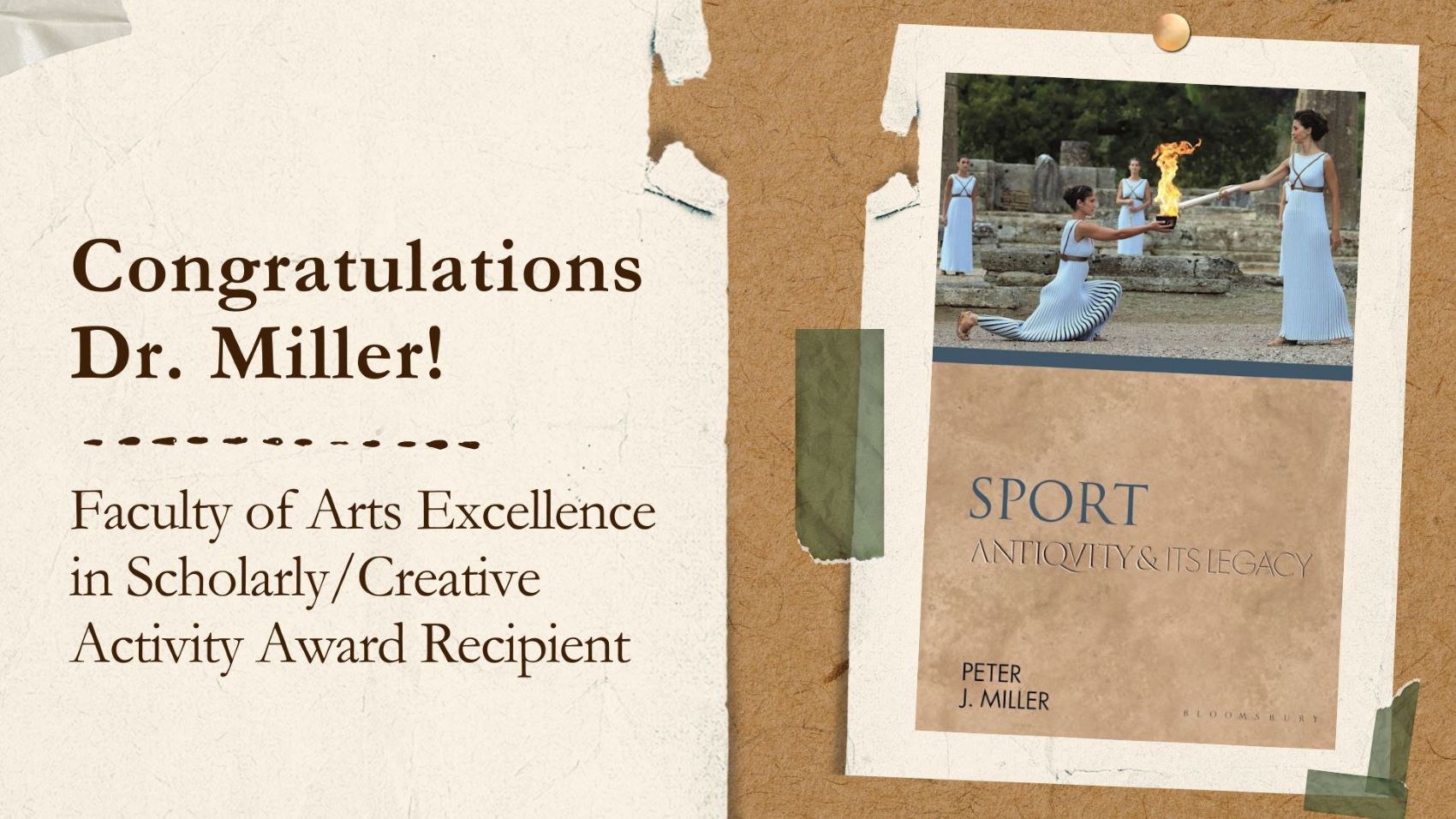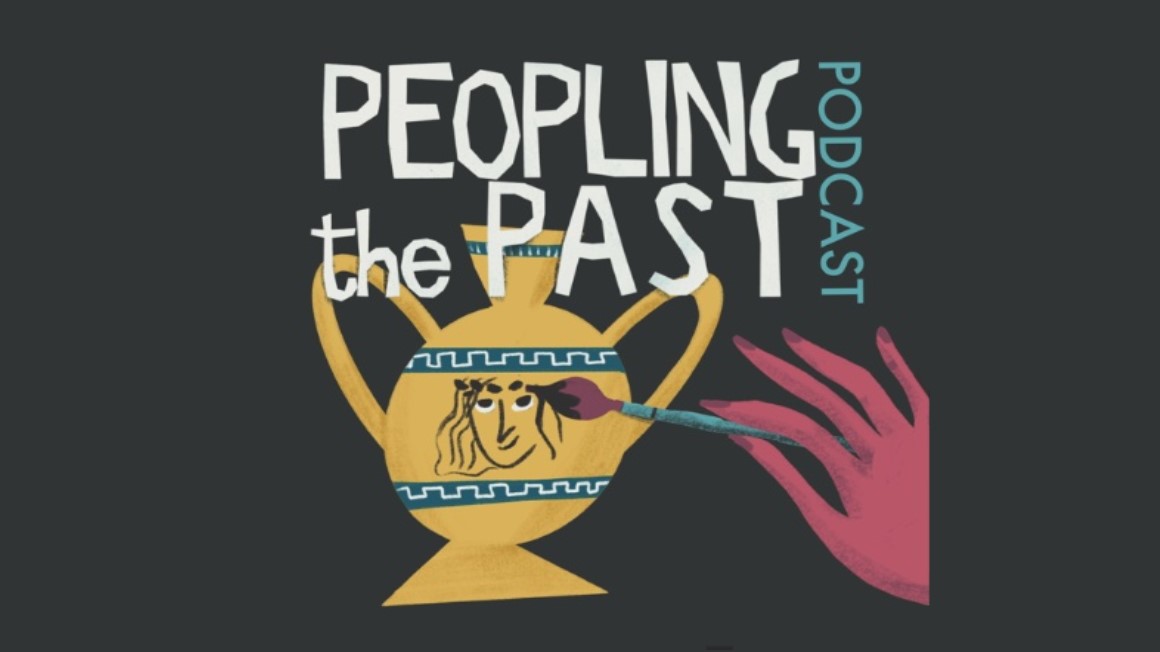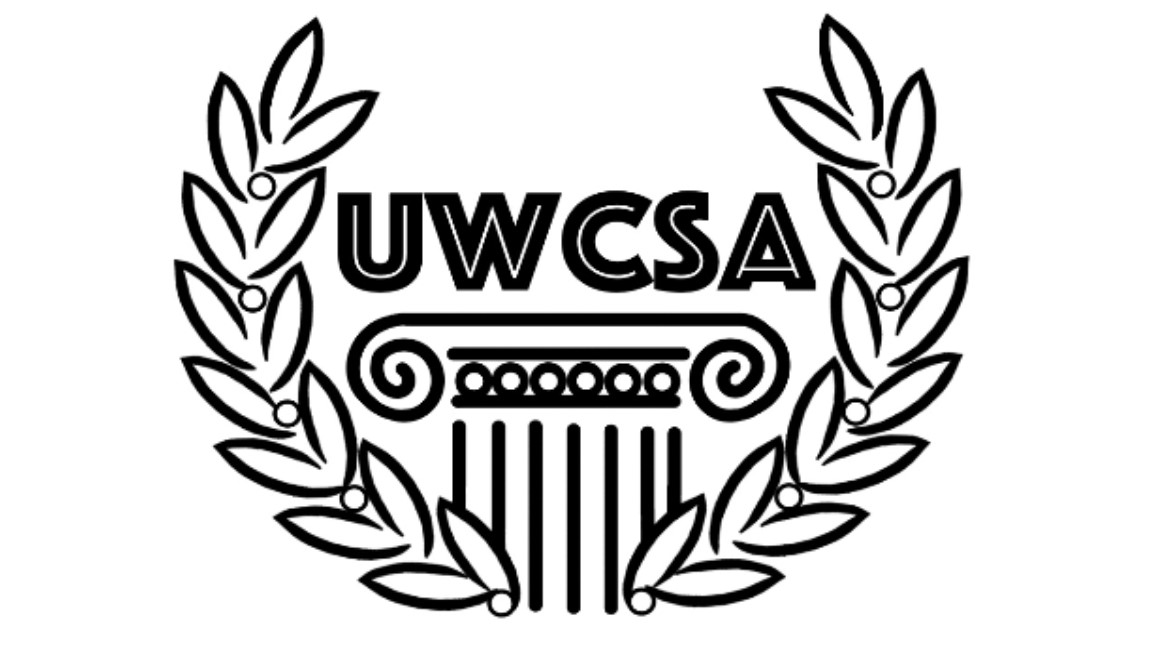Classics
Democracy began in Greece. The Roman Empire rose and fell. There were extraordinary achievements in art, literature, and philosophy in both Greece and Rome. All this is highlighted by the legacies of great writers such as Plato, Sophocles, Virgil, and Cicero. Ancient history is surprisingly pervasive in today's cultures, religions, movies, literature, politics, journalism, and advertising. If you have a desire to understand our modern world, studying Classics is an ideal way to begin.
What is Classics?
Classics is the study of Greek and Roman culture, society, and history through a variety of disciplinary approaches: archaeology, philology (the study of Latin and ancient Greek), literature, art history, social history, political history and thought, philosophy, religion and mythology.
Why study Classics?
Why not study Classics? Studying Classics fosters both knowledge and skills. Works of Greek and Roman literature, art, history, and thought have served as models for emulation, response, and reaction from antiquity right up to the present. Familiarity with the Greek and Roman past deepens understanding of other historical cultures and contemporary society. Investigating these ancient cultures encourages the development of valuable skills that can be usefully deployed in any profession, such as the ability to read critically both text and object, to collate evidence, to create compelling arguments and to critique others, to write with precision and nuance. Instruction in Classics encourages the students to learn to problem solve and to approach issues by considering multiple perspectives. These are skills that are valuable in contemporary ever-changing work environments.
What can you do with a degree in Classics?
While Classics is not vocational in the sense that it prepares students for a specific profession, it provides an excellent base for the pursuit of any profession. Students of Classics at the University of Winnipeg have gone on to work as accountants, academics, archaeologists, curators, journalists, lawyers, medical doctors, project managers, social workers, and teachers, while others have found employment in public service, arts management, marketing, the military, theatre and performance, and many other areas!
Make an impact!
You may not know it, but there's likely a Classics graduate working with you. That's because a Classics degree provides students with an excellent base to pursue a wide range of professions in the modern workforce. Whether it's telling important stories as a journalist, curating national art gallery exhibits, or uncovering ancient artifacts, you never know where you'll find UWinnipeg Classics alumni!

